Japanese game designer Takashi Hamada designs board games for the visually impaired. Nearly 280 million people around the world are estimated to be visually impaired, of which almost 40 million are blind. Takashi’s games connect these people with people that can see well by providing an enjoyable game experience for both, using sounds and the sense of touch.
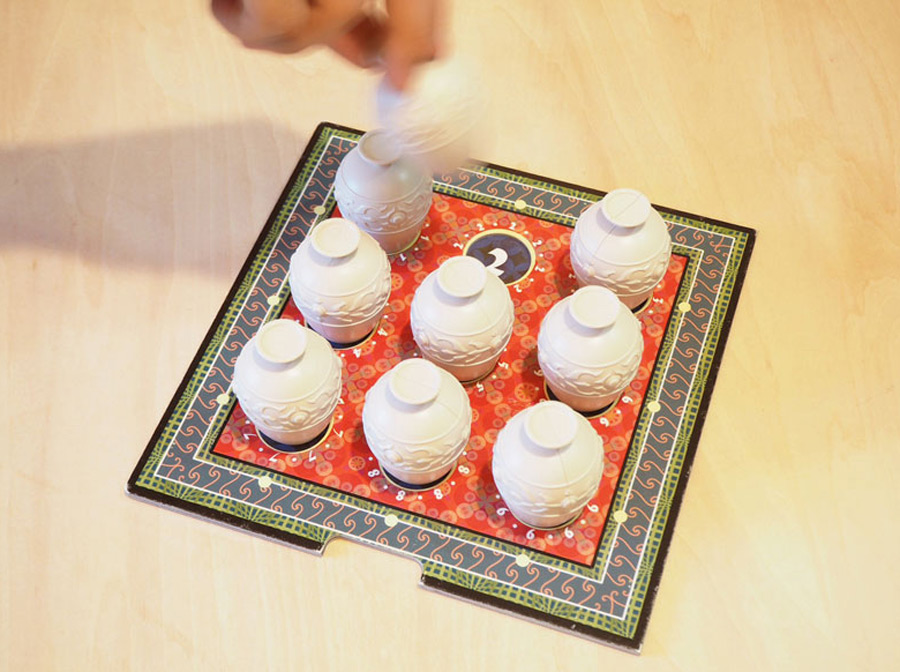
In The Arabian Pots, players try to sort pots by listening to the sounds they make when they are shaken. The game includes three different groups, each consisting of three pots that make the same sound. The first player to align three pots with the same sound in a row wins.

Last year, Takashi Hamada released his second game The Mystery of Dattakamo. In this game players are students trying to guess what the professor imagined, based on the form of a strangely shaped artifact. Players may ask the professor a question, get a hint or make a guess. When a player makes a correct guess he gets the artifact from the professor. The player with the most artifacts wins.

As a newcomer in this world of non-digital games, we wondered how Takashi came up with these fascinating game ideas. Reason enough to get to know Takashi a little bit better!
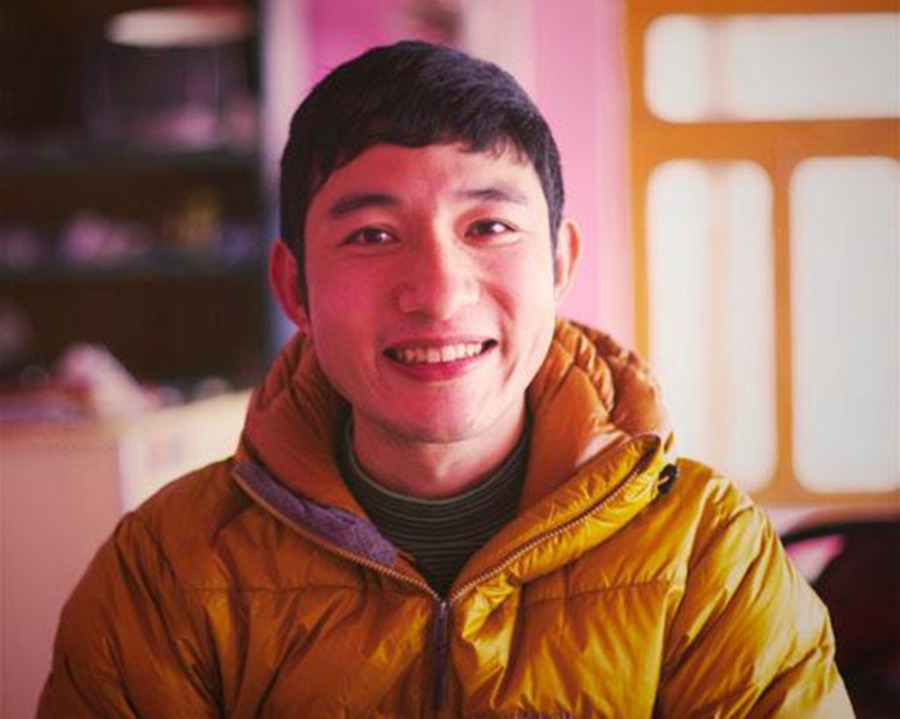
Hello Takashi, please introduce yourself.
“Hi, I’m Takashi a game designer from Tokyo, Japan. I got my major in Industrial Design and Ceramic Crafts from an arts university. After graduation I joined a videogame development team and worked on the Kirby series published by Nintendo. After that I started my own company and now I produce analog games that are a mixture of game design and craftsmanship.”
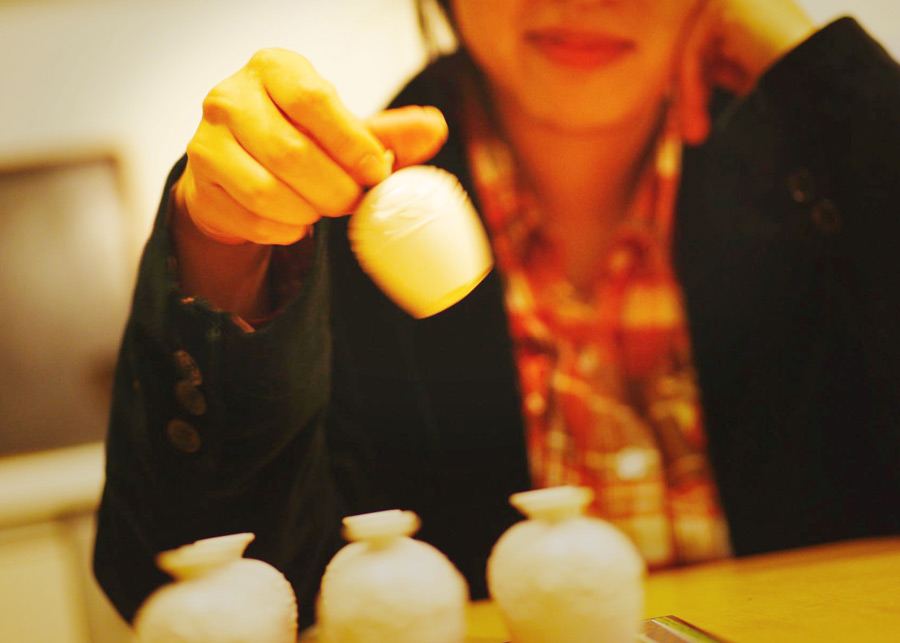
How did you get into this world of non-digital games?
“I always think about ideas that can surprise people. When I was a member of a game company, I thought about games for visually impaired people, but the means to express this were very limited, though only panning sounds was practical.”
“I found many great board games from Europe while considering the games for the blind. Analog games have possibilities to let players use many senses by integrating touch, weight, sounds, taste and smells. So using analog games is a good solution for creating games for the blind.”
How did you come up with the idea to design for the visually impaired?
“When I was a student at the arts university, I was very interested in an exercise: designing a peeler for people with an injured arm. Everyone knows the typical form of a peeler. But with a condition that limits human abilities, students found a new design solution for the peeler. I was impressed by this solution.”
“When playing video games, visible information is the most important form of input. This poses difficulties for people who are visually impaired. In the same way that the new peeler helped people with an arm problem, I wanted to design a new type of game for people with an eye problem.”
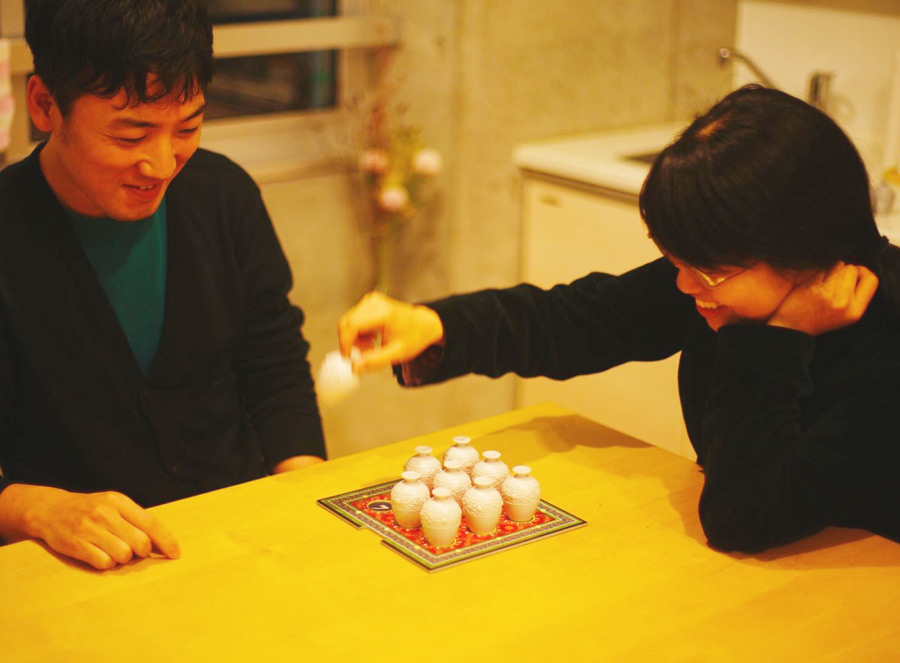
What gives you the satisfaction of designing games?
“I’m happy to see people are making good friendships through my games.”
What do you think are important qualities of your game designs?
“There are two important factors to keep in mind when designing a game. First, a new concept that almost no one has challenged yet. Secondly, simple and easy to explain rules. In addition, I love games where I can sympathize with the story. After designing the game rules, I work on immersive illustrations and components to tell the story.”

Do you think we are craving for high tactility in games due to the increased use of computers and mobile devices?
“No, but I’m interested in your idea. I have never thought about it.”
“In Tokyo many people use the train everyday and spend a lot of time playing games on their mobile phones to kill time.”
“On the other hand, I know people that invite their friends to play analog games the whole day. It seems that people who like to play analog games want to have a relaxing time with their friends and family.”
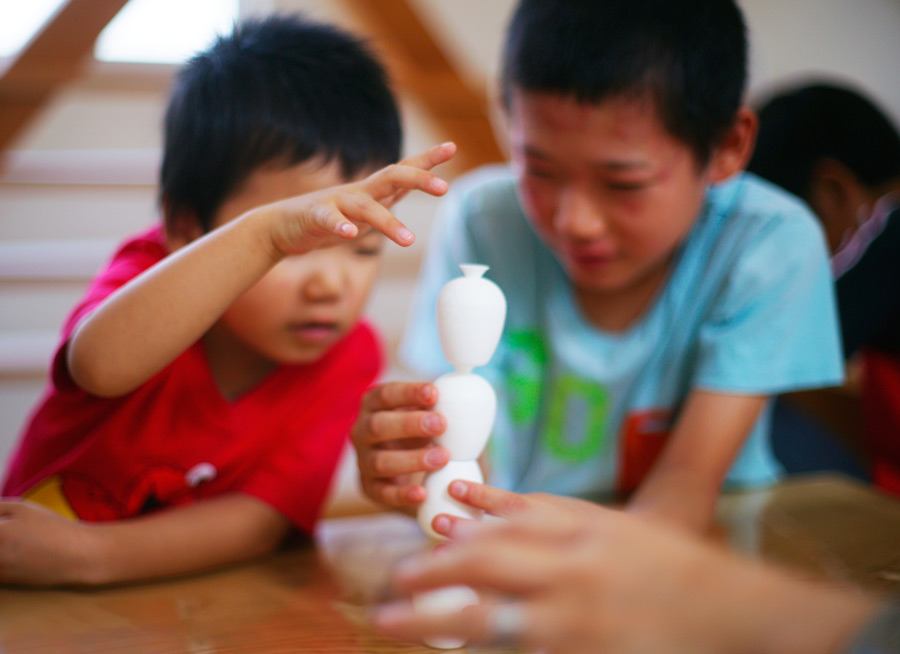
Thank you so much for sharing your story! Something you would like to add?
“Every two months I organize an event where the blind and the sighted can play board games together. I found out that cooperative games can be played well with the blind. Visually impaired people seem to be good at organizing complex information. For example when playing Pandemic, sighted players can tell all the information on the board to the visually impaired. This way those players can join the game and contribute to the success.”
For more information go to Takashi’s website or get in touch with him here.
Did you like this story? Please share or comment. Go to this page to submit a story yourself. Subscribe to our online magazine here!



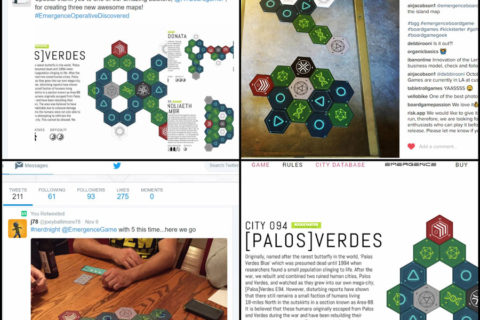
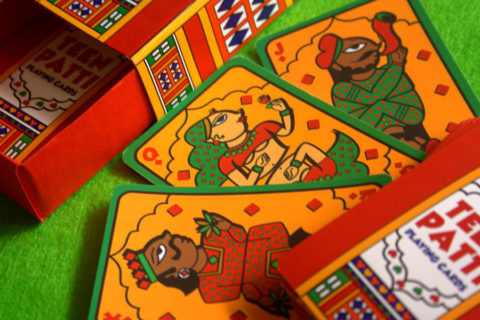
What a unique idea! Really cool!
I agree with your point of view, your article has given me a lot of help and benefited me a lot. Thanks. Hope you continue to write such excellent articles.
I saw your article well. You seem to enjoy casino online for some reason. We can help you enjoy more fun. Welcome anytime 🙂
Thanks for sharing. I read many of your blog posts, cool, your blog is very good. https://accounts.binance.com/sv/register-person?ref=IJFGOAID
Este juego es realmente divertido jugando en grupo. Saludos desde El Millón.
You are travel lovers? Where will you go for the next destination? Let things to do near me show you their favorite places with their beautiful photos
I was surfing net and fortunately came across this site and found very interesting stuff here. Its really fun to read. I enjoyed a lot. Thanks for sharing this wonderful information. green peel and stick tile
Where can these games be purchased?
It was extremely all around composed and straightforward. Not at all like different online journals I have perused which are truly not that good.Thanks a lot relearn to walk
It’s a game. Five dollars is free. Try it It’s not an easy game
->-> 온라인카지노
Great job! Thanks for sharing fromneobancos extranjeros
I don’t think the title of your article matches the content lol. Just kidding, mainly because I had some doubts after reading the article. https://accounts.binance.com/en-NG/register?ref=JHQQKNKN
Thank you for your sharing. I am worried that I lack creative ideas. It is your article that makes me full of hope. Thank you. But, I have a question, can you help me?
Your article helped me a lot, is there any more related content? Thanks!
Thank you very much for sharing, I learned a lot from your article. Very cool. Thanks.
Can you be more specific about the content of your article? After reading it, I still have some doubts. Hope you can help me. https://www.binance.com/pt-PT/join?ref=DB40ITMB
Your point of view caught my eye and was very interesting. Thanks. I have a question for you.
Your article helped me a lot, is there any more related content? Thanks!